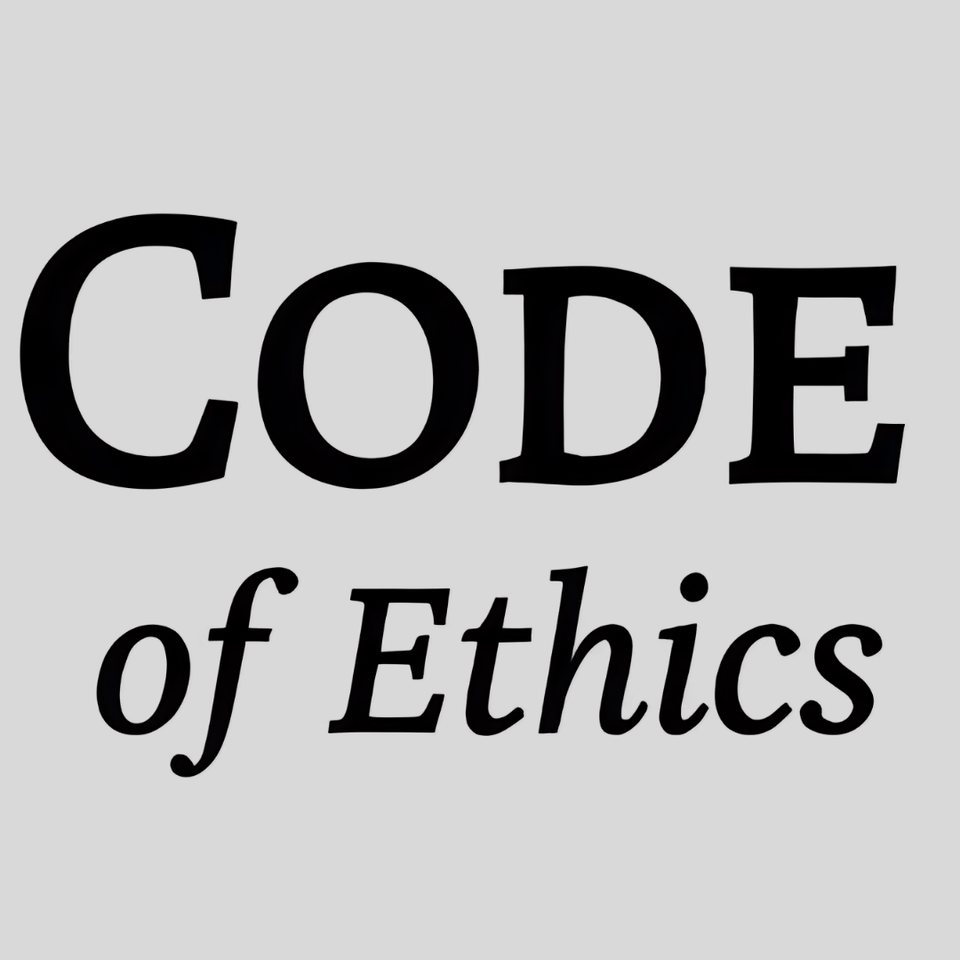
Counselors’ Code of Ethics
School counselors serve as advocates, leaders, and trusted guides for students. Because we work closely with children, families, and educators, we are held to the highest standards of integrity, professionalism, and confidentiality.
The Counselors’ Code of Ethics provides the foundation for ethical decision-making and professional conduct. It ensures that counselors act in the best interest of every student, maintain trust, and uphold the values of respect, fairness, and responsibility in all interactions.
This code is based on the American School Counselor Association (ASCA) Ethical Standards for School Counselors and the Texas Education Code guidelines for professional educators.
1. Commitment to Students
By following these ethical standards, counselors demonstrate integrity, professionalism, and a deep commitment to helping all students reach their fullest potential, academically, socially, and personally.
Ethical practice is at the heart of effective school counseling. Counselors serve as advocates, mentors, and protectors of student well-being. By maintaining confidentiality, respecting diversity, promoting equity, and acting with integrity, school counselors create a foundation of trust and support that empowers students to thrive in school and beyond.
The Counselors’ Code of Ethics provides the foundation for ethical decision-making and professional conduct. It ensures that counselors act in the best interest of every student, maintain trust, and uphold the values of respect, fairness, and responsibility in all interactions.
This code is based on the American School Counselor Association (ASCA) Ethical Standards for School Counselors and the Texas Education Code guidelines for professional educators.
Core Ethical Principles
1. Commitment to Students- Place the needs and welfare of students above all else.
- Respect each student’s dignity, cultural identity, and unique background.
- Foster a safe, inclusive, and supportive environment that promotes growth and learning.
- Encourage students to develop self-awareness, decision-making skills, and personal responsibility.
- Safeguard the confidentiality of all student information.
- Share information only with appropriate school personnel or agencies when it serves the student’s best interest.
- Disclose confidential information only when there is a clear and imminent danger to the student or others, in cases of suspected abuse or neglect, or when required by law (such as a court subpoena).
- Explain the limits of confidentiality to students and families at the beginning of the counseling relationship.
- Maintain the highest standards of professional competence through continuous learning and professional development.
- Use evidence-based practices, data-driven decisions, and current research to support student outcomes.
- Recognize personal limitations and seek supervision or referral when a student’s needs go beyond one’s professional scope.
- Uphold honesty, fairness, and transparency in all professional relationships.
- Avoid conflicts of interest and situations that could impair professional judgment.
- Maintain professional boundaries with students, colleagues, and families at all times.
- Report unethical or illegal behavior through proper channels to protect the welfare of students and the integrity of the profession.
- Collaborate with teachers, administrators, families, and community partners to remove barriers to learning.
- Advocate for equitable access to resources, opportunities, and support for all students.
- Promote awareness of systemic inequities and work toward creating inclusive, respectful learning environments.
- Honor and affirm differences in race, ethnicity, culture, language, gender, sexual orientation, ability, and socioeconomic status.
- Provide services that are culturally responsive and free from bias or discrimination.
- Recognize and address personal biases that may affect professional decisions or relationships.
- Protect the privacy and security of student records in all formats, including digital communications.
- Use technology responsibly to enhance counseling services and maintain confidentiality.
- Ensure that data is used ethically to improve programs and support student success, not to label or stigmatize.
Commitment to Professional Standards
School counselors are bound by the ASCA Ethical Standards for School Counselors (2022) and the Texas Education Agency’s Code of Ethics and Standard Practices for Texas Educators.By following these ethical standards, counselors demonstrate integrity, professionalism, and a deep commitment to helping all students reach their fullest potential, academically, socially, and personally.